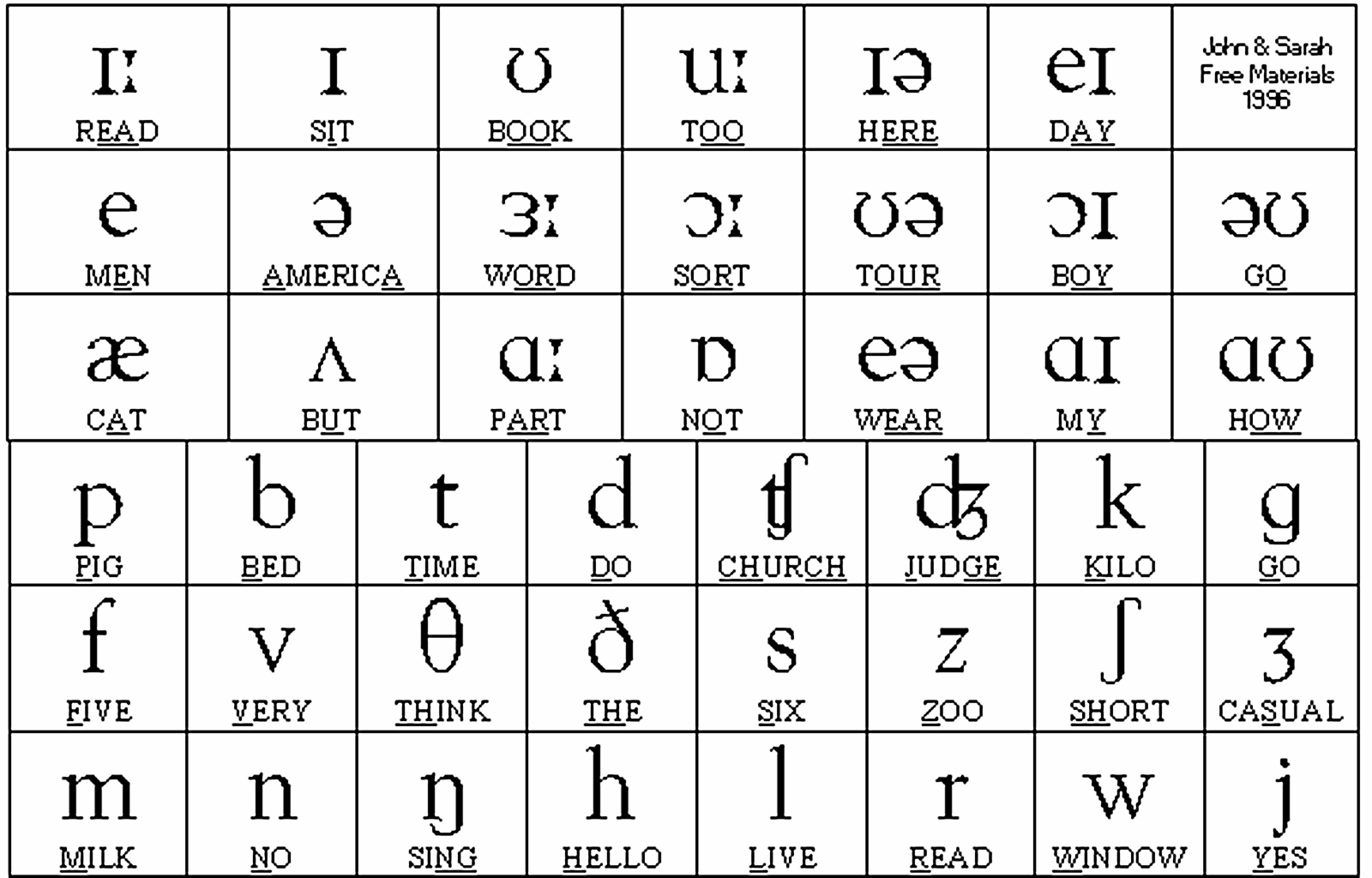Are English speakers taught phonetics at school?
I've taken English as a subject at school and I never was taught the phonetic symbols.
Now that I have learnt them by myself, and noticing how much they have helped me to improve my pronunciation, I wonder why this phonetic approach is not very popular among teachers.
9 Answers
The international phonetic symbols are not taught in K-12 schools nowadays to learn English. In some high schools and universities, international phonetic symbols are briefly introduced to help the students learn foreign languages, but it is not emphasized in general.
However, there is something called phonics, which helps kids try to make the correct English pronunciation on words they have not seen before, therefore to help kids learn to read and write in English. I think this is something different from the international phonetic symbols.
Most kids learn the phonics through videos and toys such as "Leapfrog Letter Factory" before or around 5, and in kindergarten and first grade, they are encouraged to write with "sound it out" method to relate sound and letter or sound and syllable, for instance, to use "rite" to represent "write" or "right."
Wivou' lernin' the fone'ic alfabet their wood bi no poynt.
English must be the only language that needs such a device.
The reason that it is not taught is becausae most native English teachers don't know the phonetic symbols (alphabet) themselves.
In the early 70's, phonetics went out of style with the educators and sight reading came in. That is part of the reason. But, no, I don't think this is often taught in any school in the U.S. these days. It's great for language learning, but since few schools require a second language, it's not popular. It's sad that they wait to offer languages in secondary school when the best chance for learning languages well is over.
Wow, Texas's education system is much better than California, I'm not surprised. Do you mean you guys learned this when you were kids?

We were taught most of the phonetic symbols needed for English in our English classes. It seemed quite natural to do since my native language doesn't offer an easy way to transcribe the pronunciation of, say, 'a' in 'mad' or 'th' in 'the'. I absolutely agree it's very useful for language learning.
Well, I'll keep it short and sweet. I'm 22 and from Texas and have always understood us to have one the more highly regarded education systems in the USA. At a young age we are taught phonetics, how to use them, and etcetera. The only thing is it is taught to us young and not always heavily reinforced and therefore easy to forget. I think it's quite important and useful though.
As a guy who went through school just as phonetics were being phased out, I agree it´s a shame we gave that up. And as a guy who has dabbled to at least some extent in a half dozen languages, I doubly agree it´s a shame. I could have used that.
Very interesting answers.
I understand that pronunciation is not something that the natives need to improve. However, as a learner I found it very useful, because I can't discriminate the English sounds that well. One thing is understanding, but reproducing is a different issue so, to me, it's very useful to see the sounds written in order to focus on the proper sounds (no to mention the stress annotations).
I do remember that when I was a child, there was a poster on the wall of my English classroom showing the card that Jasmine's mentioned before, but we were never taught any of it.
Despite not being completely familiar with these symbols, I guess all of you can make out more or less what this sentence means:
ð?s zibr? hæz b?n b?t baj ð? zu
I think the other way around (writing the phonetics from the transcription) is far more complicated.
I started elemementary school in NYC in 1950. I was taught to "sound out words", but I was never taught any kind of phonetic symbols. In fact, when I graduated from high school in 1963, I had never had a class that taught how to parse a sentence!!! I was taught the parts of speech (subject, verb, direct object, indirect object, preposition) and verb forms (past participle, gerunds), but that's all. What with the Cold War, Arms Race, Space Race, Keeping up with the Joneses, etc., emphasis has been placed on the study of science, math, and business for the last 50 years in the USA, and English, History, common-sense, and people throughout the world have suffered for it.











